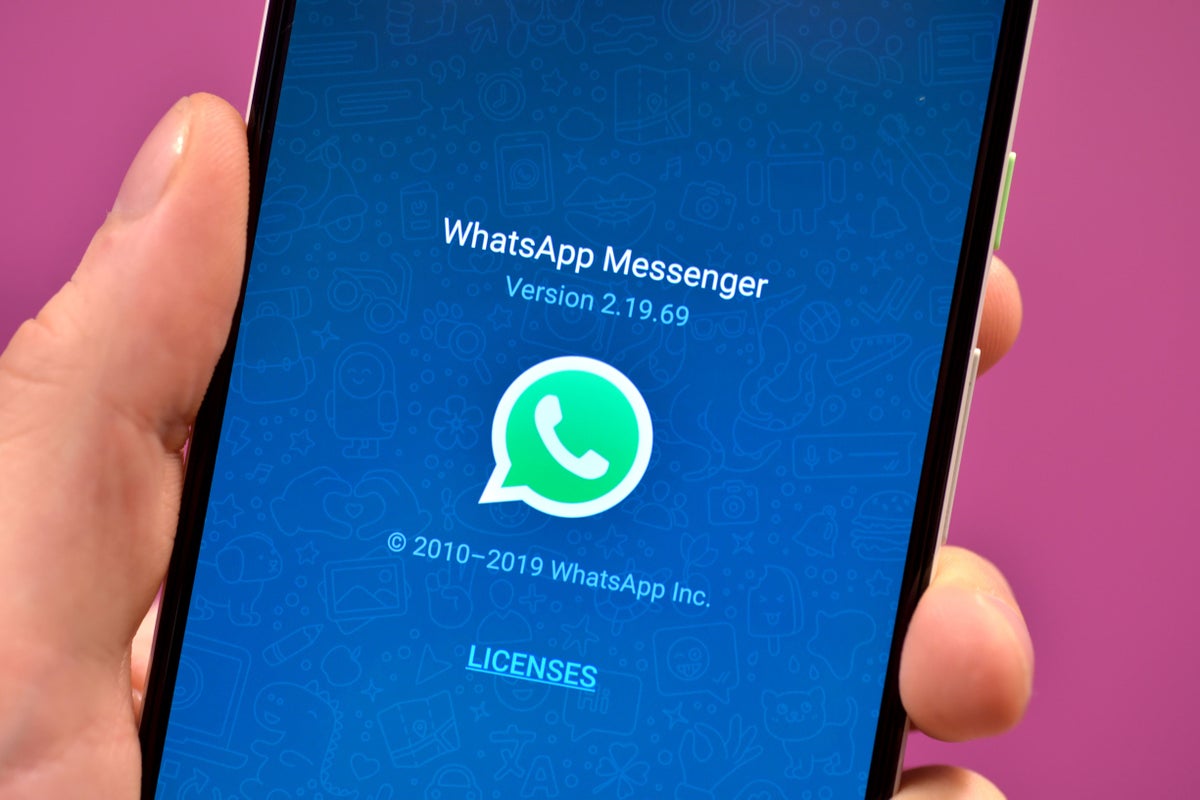
The widespread use of WhatsApp by ministers and officials in Whitehall poses risks for transparency, the information commissioner has warned.
Writing in the Telegraph, John Edwards said there was nothing necessarily wrong with the use of WhatsApp but it did pose questions for current policies and procedures.
It comes after a series of articles in the same paper, based on the leak of thousands of WhatsApp messages from former health secretary Matt Hancock, regarding the handling of the pandemic.
The exchanges were passed to the paper by journalist Isabel Oakeshott, who was originally given the material by Mr Hancock while they were collaborating on his memoir of his time in government during the pandemic.
In the paper, she said she had faced a “barrage of hostile questions about journalist ethics” since the stories emerged.
The risk is that decision-making made via WhatsApp risks being lost from the public record if it is not properly recorded and stored— John Edwards, information commissioner
Mr Edwards said the stories pose a fundamental question: “Put simply, how are we going to learn from the experience of the pandemic if we cannot remember it?”
“When the stakes are so high, we cannot rely on individuals’ recollections. We cannot rely on tranches of WhatsApp messages stored on a person’s phone.”
The head of the information rights body said the reporting “exposes how WhatsApp messages were used to discuss and decide key government business during the pandemic”.
He added: “It also underlines the importance of maintaining a public record of these private transcripts for transparency, accountability and lesson learning in the future.
“This is not about preventing the use of WhatsApp. New technologies bring new opportunities and these can play a crucial role in keeping us connected.
“But the risk is that decision-making made via WhatsApp risks being lost from the public record if it is not properly recorded and stored.”
WhatsApp messages are covered under Freedom of Information laws but he admitted that in reality “much of this information rests on people’s personal phones, or within personal accounts, and that it is rarely properly documented and archived”.
“The issue then is not that WhatsApp is being used by ministers, but that policies and procedures in place across Whitehall no longer reflect how ministers and officials work and interact in practice.”
Ms Oakeshott, who has defended her work after Mr Hancock condemned the leak as a “massive betrayal”, said she had received an “astonishing number of letters and emails” in support.







